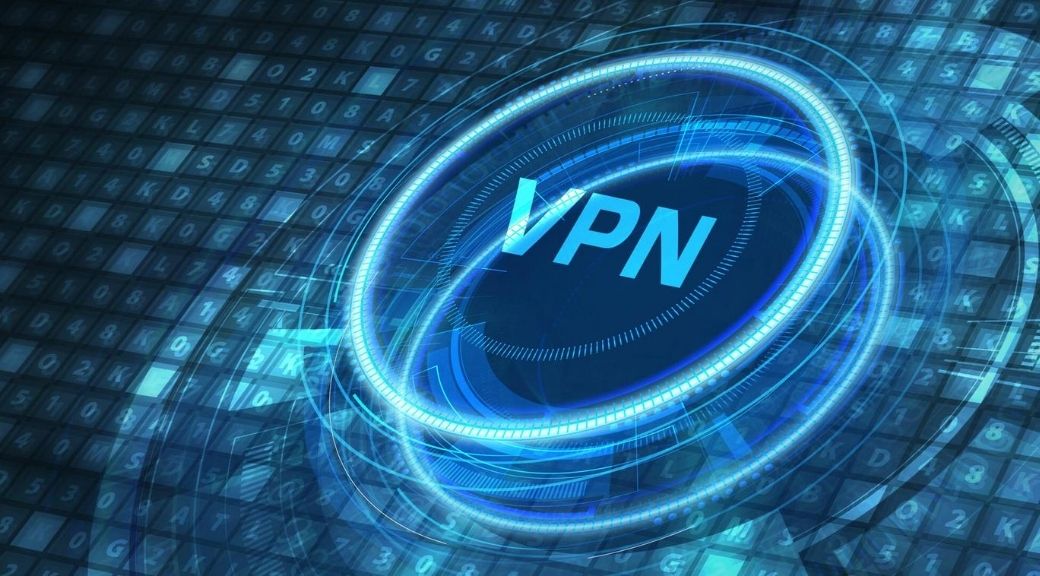Teleworking and remote access to company servers and other online materials have been with us for a while now. There are companies whose teams are fully remote that are able to meet their customers effectively.
Due to the Covid-19 pandemic, many companies around the world now have the majority of their staff working from home. This has led companies to think about aspects of accessibility to resources as people work away from the office.
Most importantly, companies are thinking more of how they can keep their resources accessible and secure while working away from the office.
For many companies, the solution to ensuring that their resources are kept safe and secure while enabling ease of access to remote workers is the use of a VPN.
Recommended: Using Tech to Encourage Remote Working

Contents
Why is the VPN the best solution for remote access and teleworking?
Secure access
A VPN ensures that your company’s data and resources are secure even as they are accessed remotely. A VPN uses tunneling to hide any data that passes from an employee to their target server or person from others who are outside the network. This information is also encrypted so that unintended targets within the network cannot access it.
As such, a VPN is an effective and secure conduit for sensitive information accessed by remote workers.
Affordability
Internet security solutions are essential to guard against breach of sensitive company information. Companies, therefore, will invest a substantial amount of money to acquire the best security that they can for their available online resources and information.
The use of a VPN for this security is a financially sound decision for many companies. These services are affordable and you can even get a trial VPN for 7 days to test and ensure that it is a good fit for your organization.
User authentication
This is another level of security provided by a VPN.
In addition to encrypting and tunneling information from the remote employee to the server, VPN adds another level of security ensuring that those who need access have their unique sign-in information.
This can be done through VPN IP security which involves a manual installation and configuration on the worker’s computer. To access the officer server, a remote worker will have a security key and the specific IP address of the work server to gain an address.
Secure Sockets Layer VPNs can also be used for this purpose.
Usable in a range of devices
VPNs can be used in a range of devices. You can use it on your desktop, tablet, cellphone and laptop. It can also be used for different operating systems in the devices including Android OS devices.
Using a VPN ensures that remote employees can use whatever device they own to finish up on their work.
Remote workers can work from anywhere in the world
When you use a VPN to allow remote access to your remote workers, they can form anywhere in the world without a problem.
With a VPN, you can easily bypass and access any geo-blocked website. This makes it for remote workers who are not in the same country as your office to deliver effectively.
Drawbacks of using VPN for remote access
Introduce malware into the network
For a remote worker who uses their home device, they could likely have downloaded malware into their computers.
When you use the VPN to remotely access a corporate network, any malware in the device is likely to be transferred into the network and could compromise its security.
Companies, therefore, need to look at their internet security strategies wholesomely to ensure that they are not left vulnerable in some areas as they take advantage of other technology.
May lead to slower connection speeds
When using a VPN for remote access, it may be possible that your internet connection may be slow. Most times is caused by the distance between the VPN server and the remote worker. Also, traditional VPNs are not well optimized for speed.
When seeking a VPN service for remote access, ensure that you buy one that does not impact on the speed of your connection. This is one way to differentiate between a high- and low-quality VPN service.
Hackers targets
VPNs have also been targets of hack attacks.
Ensure that the VPN you choose for remote access to your remote employees is modern and has modern security standards.
Conclusion
VPNs are important resources for companies with a remote workforce. They allow for affordable and secure access to work resources. However, the use of VPNs in remote access also comes with some disadvantages that have to be overcome for it to be effective.
